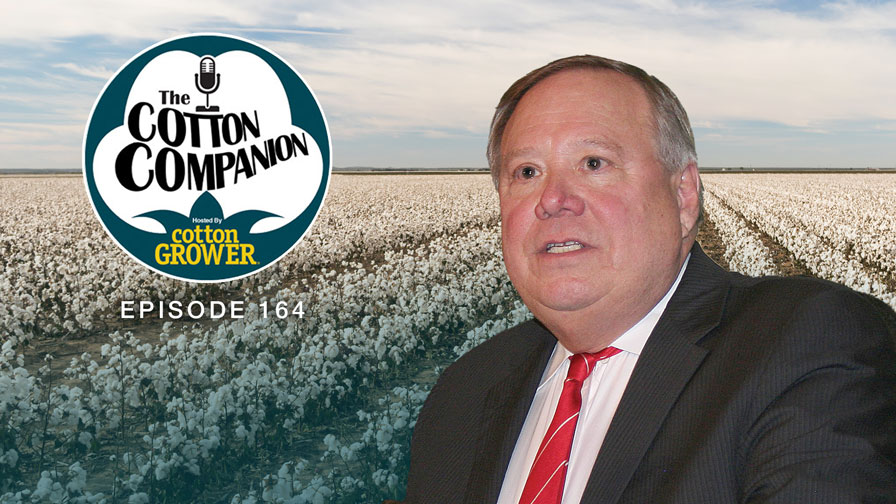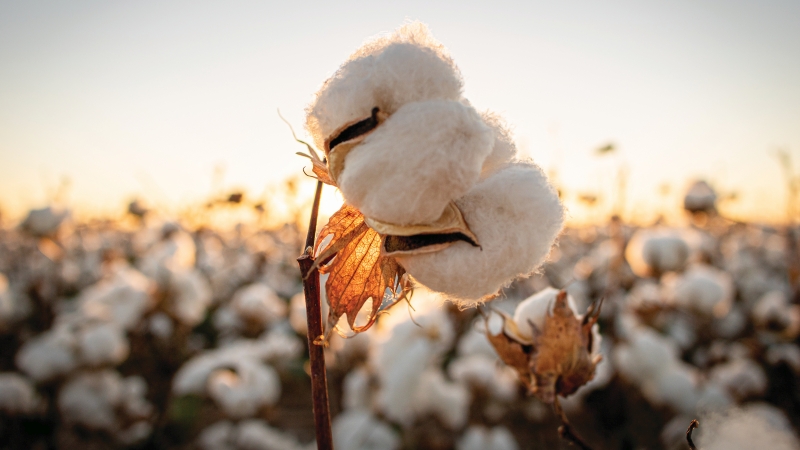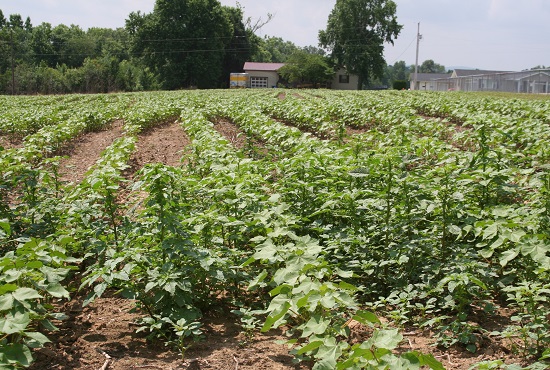PCCA Welcomes Added Acreage

Since it was founded in 1953, the Plains Cotton Cooperative Association has seen its share of acreage fluctuations. From pest infestations to breakthroughs in production practices, those working at PCCA have seen it all.
They also know a good thing when they see it. So when USDA announced its projection that Texas would grow an added 600,000 acres of cotton in 2010, PCCA President and CEO Wally Darneille welcomed the news with open arms.
“You certainly have to look at what we produce in the terms of world markets and the carryover. In the 2009/2010 crop year we will draw down the carryover worldwide by somewhere between 10 and 13 million bales,” says Darneille. “Early estimates are that the U.S. carryover at the end of this crop year is going to be 3.4 million bales, which is the smallest it’s been in a long time.
“So having a big crop projected in a tight world situation, it’s a good position to be in,” Darneille says.
In this case, “big” may be an understatement. Texas will again lead the country in cotton acreage in 2010, with over 50% of U.S. acreage expected to be planted in the state. PCCA has grown the volume of cotton it markets as well. As such, the cooperative expects to market roughly 28% of all the cotton produced in the U.S. this year.
But Darneille and his counterparts aren’t having trouble finding a home for all that U.S. cotton. He says new markets are actively seeking out U.S. cotton, thanks to the reputation the crop has made for itself.
“I would say that over the last five years in particular, we’ve seen a much broader acceptance of Texas cotton in finer-count yarns around the world than what we saw before. People thought of Texas cotton as appropriate for denim or as a coarse count. Whereas now, people can look at the fiber characteristics from the HVI data and tell that it’s very well suited for even pretty high count ring spinning,” Darneille says.
U.S. cotton has also benefited from a range of successful promotional efforts. Darneille doubles as President of Cotton Council International, which serves to promote U.S. cotton around the world.
“(CCI has) managed to achieve such name recognition for the cotton USA brand all over the world. It’s the second most-recognized trademark in Mexico for example, after Coca Cola, which is amazing. They have clearly differentiated US cotton from other growths,” he says.








